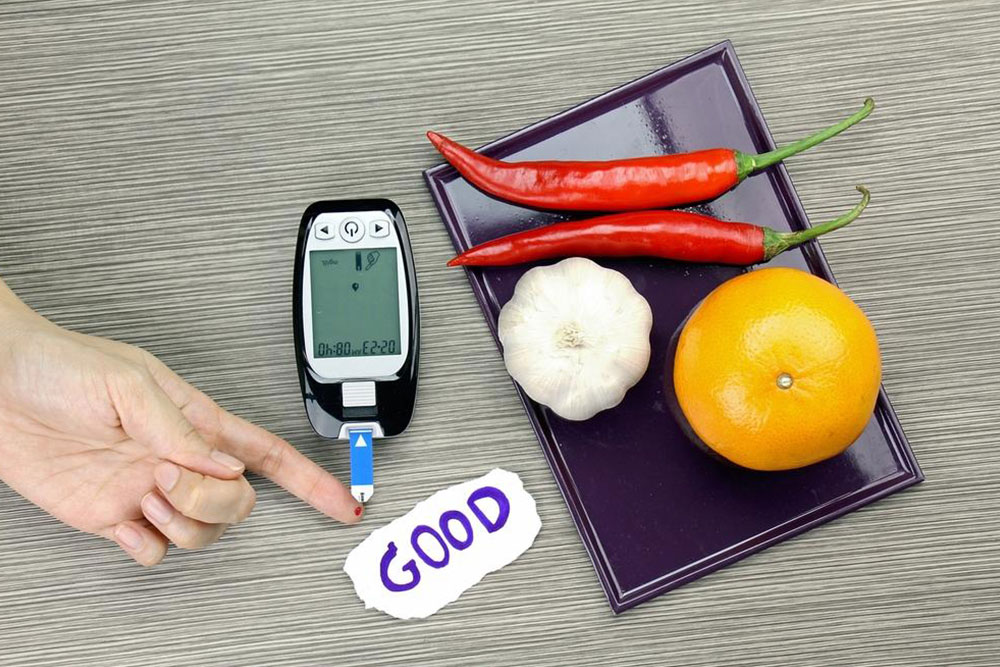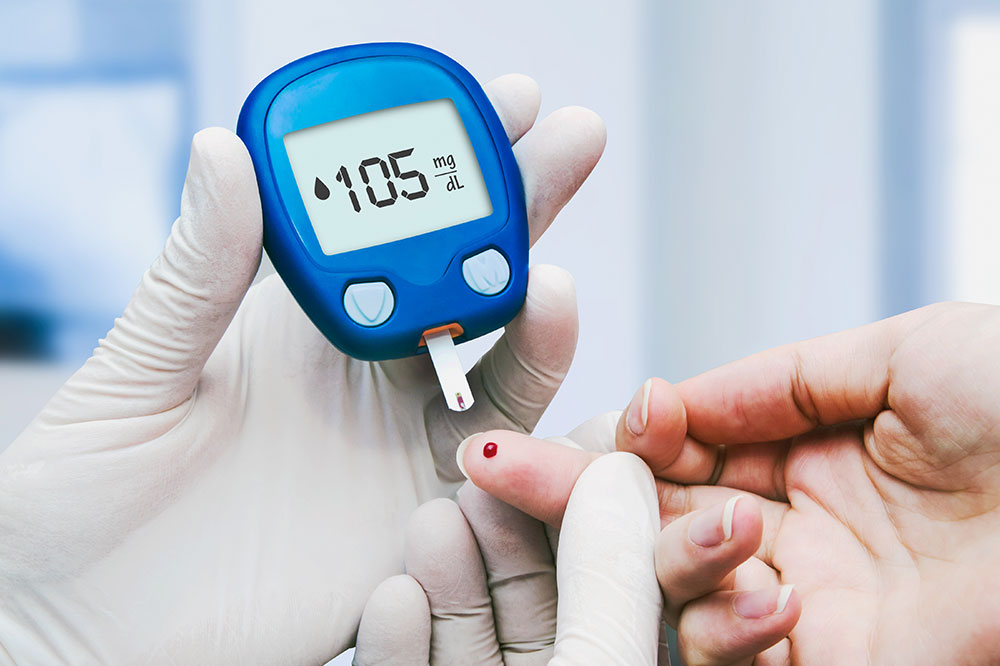Comprehensive Guide to Managing Type 2 Diabetes Effectively with Medication
This comprehensive article explores effective strategies for managing type 2 diabetes through medication, emphasizing the importance of understanding symptoms, causes, and available drug therapies like GLP-1 receptor agonists and insulin. It highlights how combining medication with lifestyle modifications can significantly improve quality of life, prevent complications, and maintain blood sugar levels. Suitable for patients and healthcare providers, the guide provides detailed insights into medications such as Victoza, Ozempic, and metformin, and underscores the critical role of medical supervision in diabetes management.

Comprehensive Guide to Managing Type 2 Diabetes Effectively with Medication
Type 2 diabetes mellitus is a chronic metabolic disorder characterized by the body's inefficient use of insulin, resulting in elevated blood glucose levels. It is by far the most common form of diabetes worldwide, affecting millions of people and posing significant health risks if not properly managed. The condition develops gradually and can be effectively controlled through a combination of lifestyle modifications and pharmacological interventions. Recognizing early symptoms and understanding treatment options are key components for maintaining quality of life and preventing serious complications.
Recognizing the Signs and Symptoms of Type 2 Diabetes:
Frequent urination, especially during the night
Persistent thirst and dry mouth
Gradual loss of weight without dieting
Numbness or tingling sensations in hands and feet
Slow-healing cuts or wounds
Recurrent yeast infections
Blurred or impaired vision
Understanding the Underlying Causes of Type 2 Diabetes:
This condition primarily results from a complex interplay of genetic, environmental, and lifestyle factors that influence insulin production and utilization.
Genetic Predisposition: Family history plays a significant role; individuals with relatives diagnosed with diabetes are at higher risk due to inherited genetic factors affecting insulin metabolism.
Obesity and Excess Weight: Accumulation of fat, particularly around the abdomen, diminishes insulin sensitivity, leading to insulin resistance and elevated blood sugar levels.
Disrupted Glucose Regulation: The liver’s role in glucose production often becomes dysregulated in diabetes, causing excessive glucose release into the bloodstream even when unnecessary.
Associated Conditions and Risks:
Metabolic syndrome, a cluster of conditions including high blood pressure, elevated triglycerides, abnormal cholesterol levels, and increased waist circumference, significantly raises the risk of developing type 2 diabetes. Managing these factors through lifestyle and medication is crucial to prevent disease progression.
When it comes to managing blood sugar levels, medications play a vital role, and several pharmacological options are available:
SymlinPen (Pramlintide): This injectable medication is used alongside insulin therapy and lifestyle changes to slow gastric emptying and suppress glucagon secretion, leading to better blood sugar control in both type 1 and type 2 diabetes patients already on insulin.
Xultophy: A combination of insulin degludec and liraglutide, this medication enhances glucose regulation by providing basal insulin coverage combined with appetite suppression effects. It is usually prescribed when diet and exercise are insufficient for blood sugar control.
Victoza (Liraglutide): Mimicking the body's natural incretin hormone, Victoza stimulates the release of insulin following meals, reducing postprandial blood glucose spikes. It also aids in weight management, making it a popular choice for many patients.
Ozempic (Semaglutide): This injectable drug provides similar benefits to Victoza and is used to improve glycemic control while supporting weight loss efforts. It should complement lifestyle modifications and not replace insulin if the patient's condition requires it.
Trulicity (Dulaglutide): An extended-release GLP-1 receptor agonist, Trulicity enhances insulin secretion, decreases appetite, and slows digestion, helping to stabilize blood sugar levels amidst dietary and physical activity changes.
Glumetza (Metformin): One of the most prescribed antidiabetic medications, metformin improves the body's responsiveness to insulin, decreases hepatic glucose production, and reduces intestinal absorption of sugar, making it a cornerstone for many treatment plans.
It is essential that patients adhere strictly to their healthcare providers’ instructions when taking these medications. Self-medicating can lead to adverse effects or inadequate control of blood glucose levels. Combining medication with a nutrient-rich diet, regular physical activity, and routine blood glucose monitoring is vital for effective diabetes management and long-term health outcomes.





